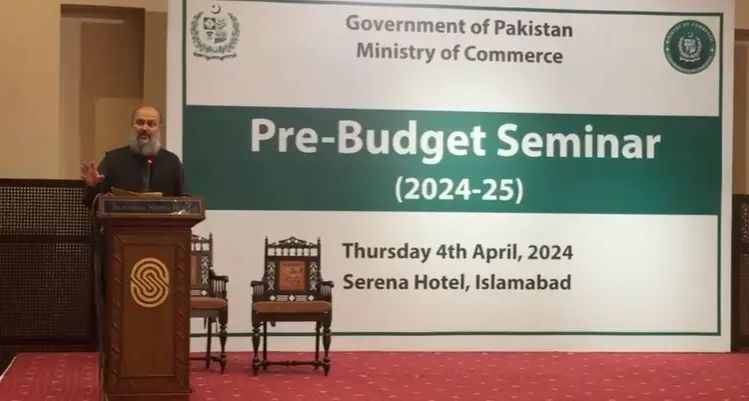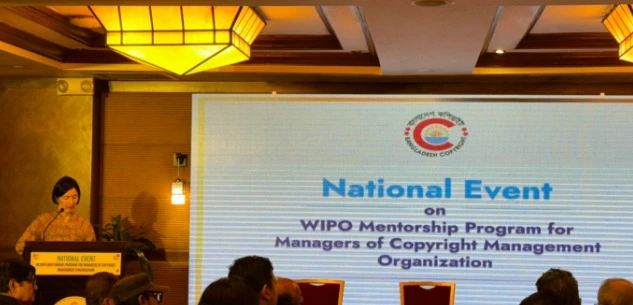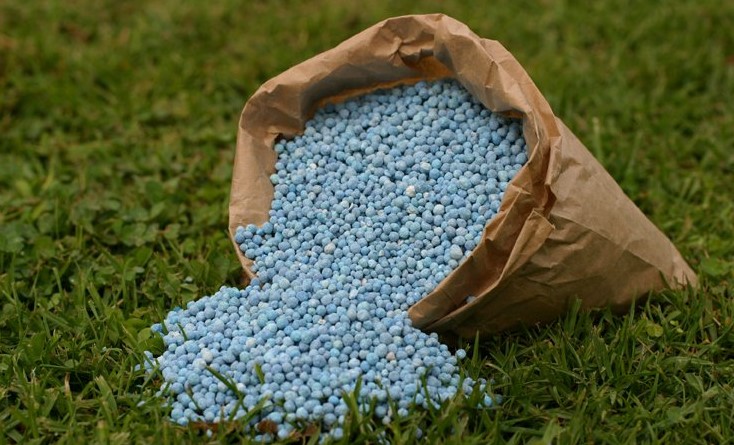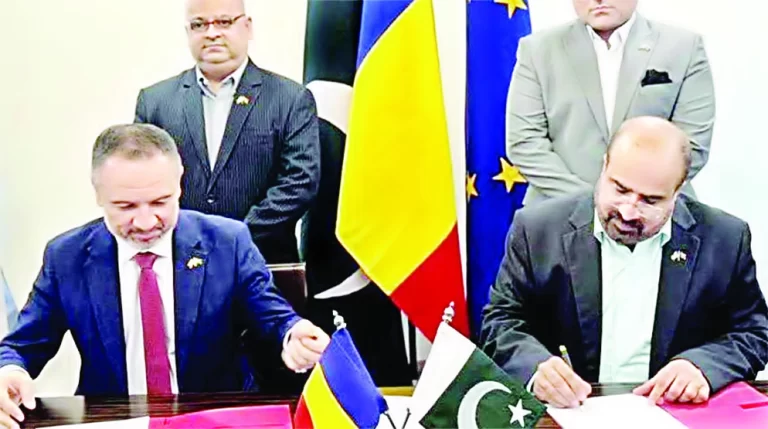Govt To Remove Hurdles in Growth of Industry
Staff Report
The commerce minister on Thursday said that the government would take all measures to remove hurdles in growth of industry.
It is working to remove bottlenecks in developing a base of small, medium, and large-scale manufacturing.
Federal Commerce Minister Jam Kamal Khan said while addressing a pre-budget seminar.
Kamal said that the government’s job is to support the business community, the commerce minister added that like Dubai, investors need to be given confidence.
He further said that the top priority of the current government is to increase exports.
He stressed the need to increase trade competitiveness and promote economic growth. He further said that the objective is to simplify and streamline the tariff structure.
He said that the objective was to reduce costs for industries, promote exports, and attract foreign investment.
The work is also going on to formulate a strategy to stop smuggling and tax evasion to promote legal business.
The government should provide facilities to the business community, the Commerce Minister said adding that many loopholes in our system need to be addressed.
We could not get out of an agriculture-based economy, the commerce minister said adding that however, the size of the textile industry has reached 15 to 20 billion dollars.
Chairman North Kamran Arshad All Pakistan Textile Mills Association said “In recent months, we have seen an unprecedented decline in our exports, plummeting from an all-time high of $19.3 billion in FY22 to a concerning $16.5 billion in FY23.
This stark downturn signals an alarming departure from our installed capacity and is a call for introspection and strategy”.
He said that the escalation of grid electricity tariffs to approximately 17.5 cents per kWh, paired with the surging cost of gas, had left the textile sector in a predicament where the production cost exceeds the competitive threshold on the global stage.Energy Minister Assures Textile Sector to Resolve Issue
“ It is not merely about numbers; it is about the sustenance of an industry that employs millions and the livelihoods tethered to its success. We have unequivocally identified the hurdles prohibitive energy costs, hindrance in tax refunds, an adverse duty structure for key raw materials, to name a few,” he said.
He proposed an actionable roadmap, that envisions bringing power tariffs for industrial consumers to a regionally competitive level of 9 cents per kWh.
“The removal of cross-subsidies and stranded costs is a strategic recalibration of our resources that will revitalize our textile and apparel exports,” he added.








